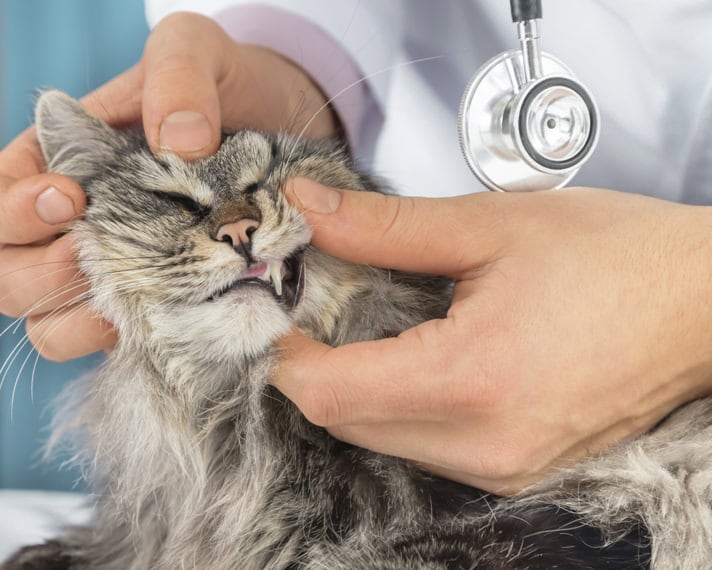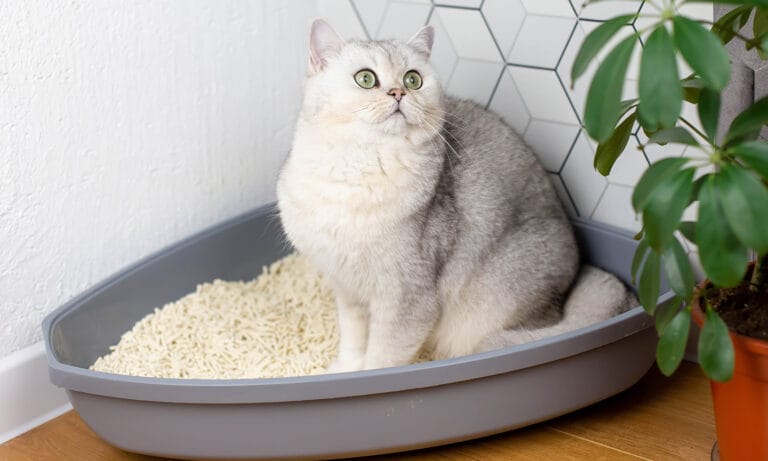Q:
My 2-year-old Burmese cat, Jack, had blood work done at his annual veterinary appointment, where we also mentioned that the cat drinks a lot of water. The vet said my cat has a high liver count or elevated levels.
After a recent trip to the cat’s vet, due to an accident, the nurse said my cat’s blood tests show elevated kidney and liver counts. She also mentioned something about high white cell counts while I was putting Jack in his cat carrier. Is this liver condition of Jack’s treatable or not?
A:
I wish I could see your cat’s laboratory reports. Every now and then I’ll run blood work on a young healthy cat, and one of the liver enzymes (usually ALT) is elevated. In some cases, we just monitor it, and oftentimes it will return to normal on its own. It cases where the elevation persists, or if additional liver enzymes begin to increase, we’ll pursue further diagnostics to assess the liver. Elevated liver enzymes and a high white blood cell count are often seen in cats with cholangiohepatitis — inflammation of the liver and bile ducts. If further testing confirms that your cat does have cholangiohepatitis, treatment with antibiotics would be warranted, and most cats respond nicely.
The elevated kidney levels, however, have me concerned. A 2-year-old cat that drinks copious amounts of water and has increased kidney (and liver) parameters definitely has something brewing. Chronic renal failure is usually seen in older cats. It would be unusual to find this in a cat this young, unless he has a hereditary condition.
Being a purebred cat (a Burmese), he is at increased risk. Also, Burmese cats are predisposed to diabetes, which does cause copious water consumption, however, diabetes is easy to diagnose and is unlikely to cause elevated kidney numbers and a high white count. Without knowing exactly which kidney and liver parameters are elevated, the severity of the elevation and the results of a urinalysis, I really can’t make any meaningful comments on treatment or prognosis. Your cat should have abdominal ultrasound performed. This will allow assessment of the kidney architecture, and will give a lot of information regarding the liver. Ideally, an ultrasound-guided liver biopsy should be performed, as biopsy is the only way to truly diagnose what is going on with your cat’s liver.
By: Arnold Plotnick, DVM
Featured Image: Via A.Sandberg/Shutterstock
Share:









